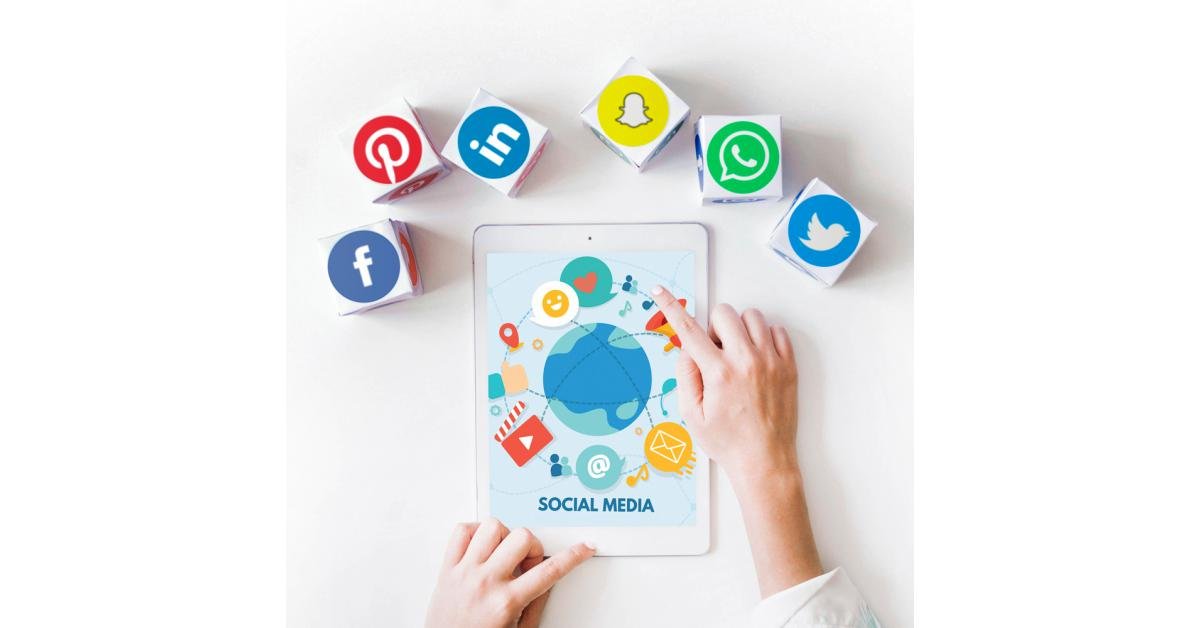Is Social Media Making Us More Connected or More Isolated?
In the digital age, social media has become an integral part of our daily lives. Platforms like Facebook, Instagram, Twitter, and TikTok have revolutionized the way we communicate, share information, and build relationships. But as we scroll through endless feeds, like posts, and send emojis, a pressing question arises: Is social media bringing us closer together, or is it driving us further apart? The answer, as it turns out, is not black and white. Social media has the power to both connect and isolate us, depending on how we use it.
The Case for Connection
There’s no denying that social media has made the world feel smaller. It has broken down geographical barriers, allowing us to stay in touch with friends and family across the globe. A grandmother in New York can now video chat with her grandson in Tokyo, and a college student can reconnect with childhood friends from another continent. Social media has also enabled us to form new connections with people who share our interests, whether it’s a love for photography, a passion for social justice, or a niche hobby like birdwatching.
Moreover, social media has become a powerful tool for fostering communities and movements. From #MeToo to #BlackLivesMatter, these platforms have amplified voices that might otherwise have gone unheard, creating a sense of solidarity among people who may never meet in person. In times of crisis, such as natural disasters or pandemics, social media has proven to be a lifeline, providing real-time updates, organizing relief efforts, and offering emotional support.
The Isolation Paradox
Despite its ability to connect, social media can also be a double-edged sword. While it allows us to maintain relationships, it often does so in a superficial way. A “like” or a comment on a post is not the same as a heartfelt conversation over coffee. Many users report feeling lonelier after spending hours on social media, as the curated highlight reels of others can lead to unhealthy comparisons and feelings of inadequacy. The constant barrage of perfect vacations, flawless selfies, and professional achievements can create a distorted reality, making us feel like we’re falling behind.
Additionally, the addictive nature of social media can lead to physical isolation. Instead of meeting friends in person or engaging in face-to-face interactions, many people find themselves glued to their screens, scrolling mindlessly through content. This can erode the quality of real-life relationships, as the time and energy spent online often come at the expense of meaningful offline connections.
The Role of Intentionality
The impact of social media on our sense of connection or isolation largely depends on how we use it. When used intentionally, social media can be a tool for building genuine relationships and fostering a sense of belonging. For example, joining online groups with shared interests, participating in meaningful discussions, or using platforms to organize in-person meetups can enhance our social lives.
On the other hand, passive consumption of social media—scrolling without engaging or comparing ourselves to others—can lead to feelings of loneliness and disconnection. It’s important to set boundaries, such as limiting screen time, unfollowing accounts that make us feel bad about ourselves, and prioritizing real-life interactions.
Striking a Balance
So, is social media making us more connected or more isolated? The truth is, it’s doing both. It has the potential to bring people together in unprecedented ways, but it can also contribute to feelings of loneliness and disconnection if not used mindfully. The key lies in striking a balance. By being intentional about how we engage with social media, we can harness its power to connect without letting it isolate us from the world around us.
In the end, social media is just a tool—a mirror reflecting how we choose to interact with the world. Whether it brings us closer or pushes us apart is ultimately up to us.
